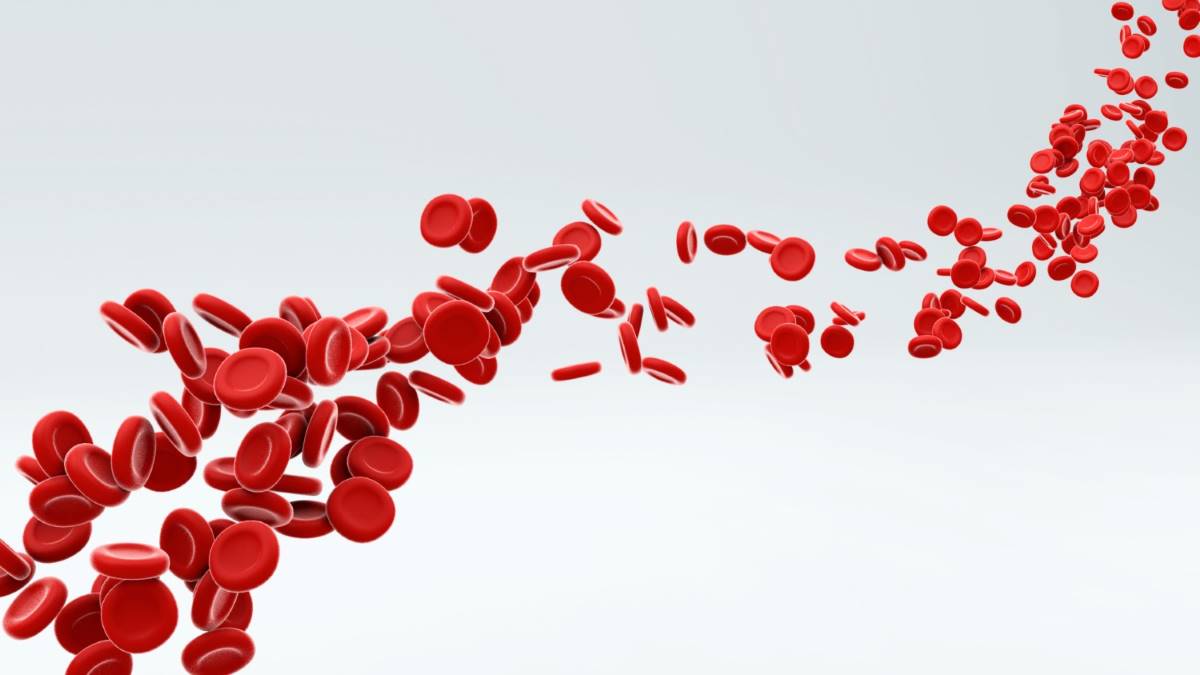Feeling constantly tired, lightheaded, or out of breath? These symptoms might stem from something as simple as low hemoglobin levels in your blood. Hemoglobin is a vital component of red blood cells responsible for transporting oxygen throughout your body. When levels drop, your cells don’t get enough oxygen, and your body starts to show it.
Let’s explore the most common causes of low hemoglobin and how to address the issue effectively.
What is hemoglobin and why is it important?
Hemoglobin is a protein found in red blood cells that contains iron and plays a key role in binding and transporting oxygen from the lungs to the body’s tissues. When hemoglobin levels are low, your body’s oxygen supply is reduced, leading to fatigue, weakness, poor concentration, pale skin, and even shortness of breath.
Common causes of low hemoglobin
1. Iron deficiency
This is the most common cause. Iron is essential for producing hemoglobin. Deficiency can result from poor diet, increased needs (e.g. pregnancy), malabsorption (such as in celiac disease), or chronic blood loss — including heavy menstruation or internal bleeding in the digestive tract.
2. Chronic illnesses
Conditions like kidney disease, cancers, or inflammatory disorders (e.g. rheumatoid arthritis) can interfere with red blood cell production, leading to reduced hemoglobin.
3. Vitamin deficiencies
Lack of vitamin B12 or folic acid can disrupt healthy red blood cell development, contributing to anemia and low hemoglobin.
4. Blood loss or increased breakdown
Surgery, trauma, gastrointestinal bleeding, or autoimmune disorders that destroy red blood cells can also lower hemoglobin levels.
5. Genetic blood disorders
Less commonly, inherited conditions such as thalassemia or sickle cell anemia can affect hemoglobin levels and function.
How is low hemoglobin diagnosed?
A complete blood count (CBC) test reveals your hemoglobin levels and gives an overview of red blood cell health. If hemoglobin is low, doctors will often order further tests — such as ferritin, iron, B12, or stool tests — to identify the underlying cause. In women, gynecological evaluations may be necessary, while digestive tract issues may require a gastroenterologist.
How to treat low hemoglobin
Iron supplementation
If iron deficiency is the cause, iron-rich foods (like red meat, leafy greens, legumes, eggs) should be included in your diet. Iron supplements are often prescribed, and taking them with vitamin C improves absorption.
Vitamin therapy
If your body is lacking B12 or folic acid, supplementing these nutrients is essential to restore healthy red blood cell production.
Treating the root cause
Managing underlying conditions such as inflammation, chronic illness, or digestive malabsorption is key to improving hemoglobin levels in the long term.
Lifestyle support
Rest, hydration, stress reduction, and a balanced diet rich in iron and nutrients can support recovery and help maintain stable blood levels.
When to see a doctor
If you experience persistent fatigue, weakness, pale skin, rapid heartbeat, dizziness, or shortness of breath, it’s important to consult a doctor and have your blood tested. Low hemoglobin is common — but identifying the cause and treating it early can prevent more serious complications.
Original article: https://eletnegyvenfelett.hu/mi-all-az-alacsony-hemoglobin-szint-mogott-okok-es-megoldasok/
Website: eletnegyvenfelett.hu

